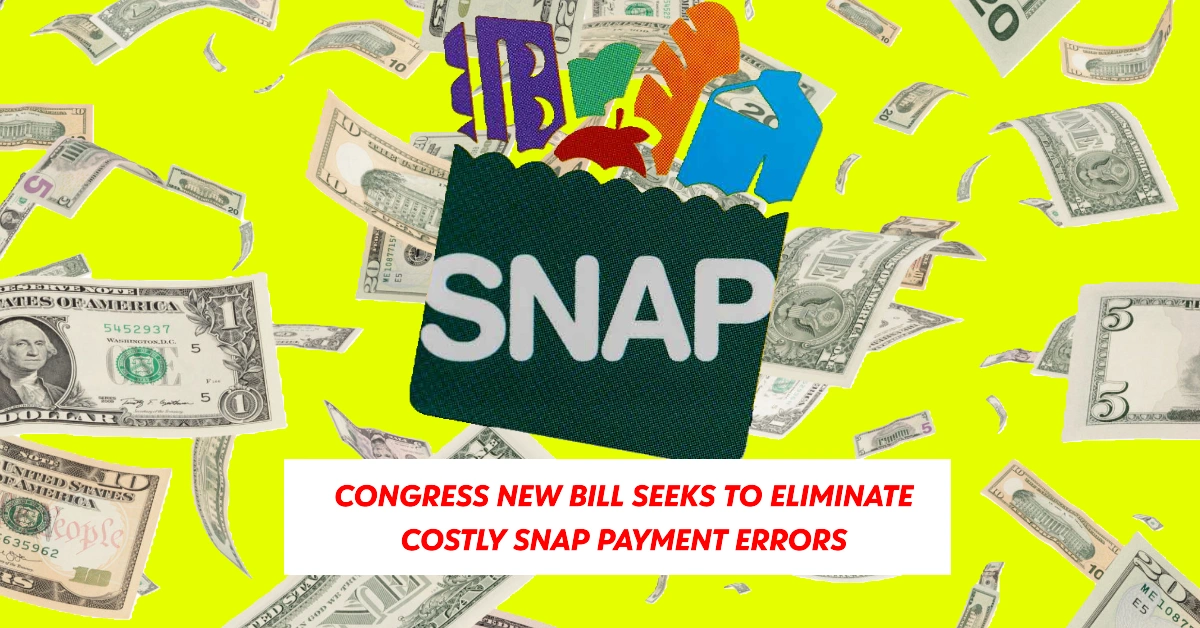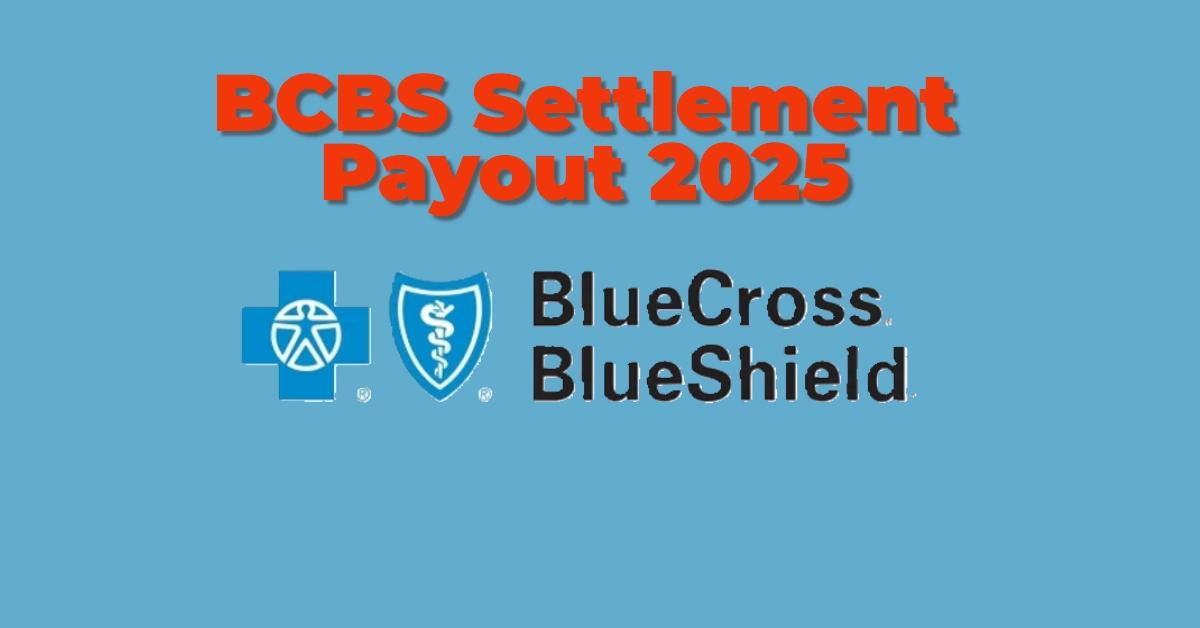New legislation introduced by U.S. Rep. Randy Feenstra (R-IA) and U.S. Sen. Joni Ernst (R-IA) aims to strengthen the accuracy and accountability of the Supplemental Nutrition Assistance Program (SNAP) by eliminating costly payment errors.
Table of Contents
Cracking Down on SNAP Overpayments
The Snap Back Inaccurate SNAP Payments Act proposes a major change to how payment errors in the program are calculated. Currently, the U.S. Department of Agriculture (USDA) only considers overpayments or underpayments as errors if they exceed $54. The new bill would eliminate this tolerance level entirely, holding states accountable for even the smallest payment discrepancies.
Additionally, the legislation would increase state liability for high error rates, ensuring greater responsibility in managing SNAP funds efficiently.
“With over $36 trillion in national debt and counting, we have no time to waste in cutting government waste and ensuring taxpayer dollars are used responsibly,” said Rep. Feenstra. “Every month, about $1 billion is lost to SNAP overpayments—an unacceptable figure that must change. This bill enforces a zero-tolerance policy to strengthen the integrity of the program and ensure every dollar is used properly.”
The Growing Problem of SNAP Payment Errors
According to the USDA’s Food and Nutrition Service, nearly 1 in 10 SNAP payments (9.84%) in 2022 resulted in overpayments, while underpayments accounted for 1.7% of cases. The problem has worsened over time, with overpayment rates increasing by 3.66% between 2019 and 2022.
Sen. Ernst emphasized the importance of the bill in addressing these inefficiencies:
“Bureaucratic blunders are costing taxpayers billions, all while the nation struggles with a growing $36 trillion debt. SNAP is a vital program that helps feed families, but we must strengthen its integrity by holding states accountable for rising error rates, enforcing a zero-tolerance policy, and ensuring overpayments are corrected swiftly.”
SNAP Benefits & Trump’s Federal Freeze: What You Need to Know
Is SNAP actually helpful for Americans? Let’s Clarify the Facts
How Much does Welfare Pay in the US? A State-by-State Comparison of Benefits
SNAP Benefit Increase in 2025: Amount, Eligibility & Rates
$292 Per Family Member SNAP Payment: Your Ultimate Guide to SNAP Food Stamps
Balancing Accountability and Assistance
While the bill focuses on cutting waste and increasing oversight, it also underscores the importance of SNAP in supporting low-income families. The proposed changes aim to protect the program’s resources and ensure that benefits reach those who truly need them—without unnecessary financial losses.
If passed, the Snap Back Inaccurate SNAP Payments Act could significantly reshape how SNAP payments are monitored, reducing improper disbursements and enforcing stricter fiscal discipline at the state level.
With growing bipartisan concerns about government spending, the bill is expected to spark intense debate over balancing financial accountability with maintaining essential support for food-insecure families.










